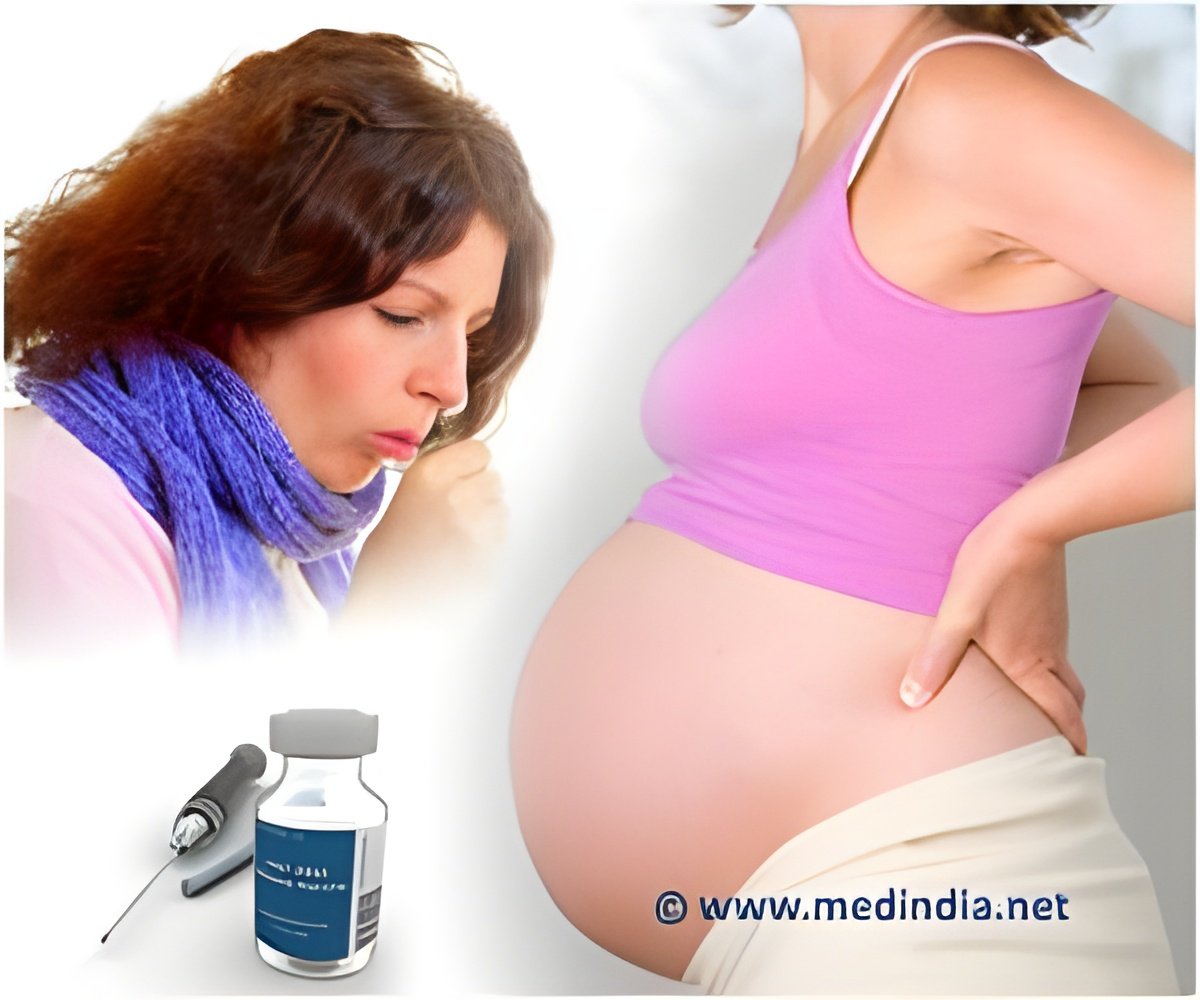COVID-19 mRNA vaccines are safe for pregnant women. However, pregnant women should be provided with accurate information about possible adverse events after vaccination.

‘COVID-19 mRNA vaccines are safe in pregnancy and call for pregnant people to be provided with accurate information about possible adverse events after vaccination.’





Effect of COVID-19 Pandemic on Pregnant Women
The COVID-19 pandemic has disproportionately affected pregnant women, who are at higher risk of severe COVID-19 disease compared with similarly aged non-pregnant individuals. COVID-19 vaccines were recommended for use in pregnancy in many countries early on in vaccine deployment, based on established prior safety of inactivated vaccines in pregnancy and reassuring data from the small number of pregnancies occurring during pre-authorization vaccine trials.This study is one of the first to look at vaccine side effects in a group of vaccinated pregnant women at the same time as both an unvaccinated pregnant group and a vaccinated non-pregnant group to enable comparisons between the three.
“In the early stages of the COVID-19 vaccine rollout, there was low vaccine uptake among pregnant people due to concerns about data availability and vaccine safety. There still is lower than average uptake among non-pregnant women of reproductive age,” says Dr. Manish Sadarangani from the British Columbia Children’s Hospital Research Institute and the first author of this study.
“Large, observational studies like ours are crucial for proper understanding of the rates of adverse health events in pregnant women after different doses of COVID-19 vaccination. This information should be used to inform pregnant women about the side effects they may experience in the week following vaccination.”
This new study, from The Canadian National Vaccine Safety (CANVAS) Network, looked at data from participants across seven Canadian provinces and territories between December 2020 and November 2021. All vaccinated participants were asked to self-report any health events during the seven days following each dose of the COVID-19 vaccine.
Advertisement
A ‘significant health event’ was defined as a new or worse health event that was enough to cause the participant to miss school/work, require medical consultation and/or prevent daily activities in the previous seven days. ‘Serious health event’ was defined as any event resulting in an emergency department visit and/or hospitalization in the previous seven days.
Advertisement
In comparison, 3.2% (11/339) of pregnant unvaccinated participants reported similar events in the seven days prior to survey completion. In the vaccinated non-pregnant control group, 6.3% (10,950/174,765) reported a significant health event in the week after dose one and 11.3% (10,254/91,131) after dose two. Serious health events were rare in all groups (fewer than 1%) and occurred at similar rates in vaccinated pregnant individuals, vaccinated non-pregnant people and unvaccinated controls after dose one and dose two.
Miscarriage/stillbirth was the most frequently reported adverse pregnancy outcome with no significant difference between the rates in vaccinated and unvaccinated women; 2.1% (7/339) of unvaccinated pregnant women and 1.5% (83/5,597) of vaccinated pregnant women experienced a miscarriage or stillbirth within seven days after dose one of any mRNA vaccine.
“The lower rate of significant health events amongst vaccinated pregnant people, compared with vaccinated non-pregnant individuals, is unexpected and requires more research. Previous studies on other vaccines in pregnant women have mostly reported no significant differences in health events between pregnant and non-pregnant women or have found higher rates in pregnancy. Further studies of non-COVID-19 mRNA vaccines are required to identify if the reduced side effects observed in pregnant people in this study are a feature of the mRNA vaccine platform, or of these specific vaccines.” says Dr. Julie Bettinger, senior author on this paper and also from the British Columbia Children’s Hospital Research Institute.
The authors caution that most participants who reported ethnicity in this study were white and these data may therefore not be fully generalizable to other populations. Additionally, this study focused on health events occurring within the first seven days following vaccination and so cannot conclude anything about longer-term reactions. However, longer-term follow-up of this cohort is ongoing. A further limitation of this study is that data are based on self-reports from study participants, without verification by medical records.
Writing in a linked comment, Dr. Sascha Ellington and Dr. Christine Olson from the Centers for Disease Control and Prevention in the USA (who were not involved in the study) note, “These findings are consistent with and add to the growing body of evidence that COVID-19 mRNA vaccines are safe during pregnancy. […] COVID-19 vaccination among pregnant people continues to be lower than among non-pregnant females of reproductive age. Given the risks of significant illness and adverse pregnancy outcomes, it is imperative that we continue to collect and disseminate data on the safety and effectiveness of COVID-19 vaccination in pregnancy and to encourage healthcare providers to promote vaccination during all trimesters of pregnancy.”
Source-Eurekalert














